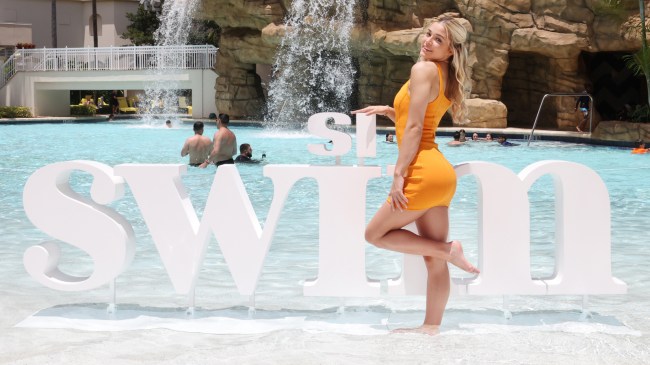
Getty Image
College sports have undergone a number of changes through the years that have drastically changed their landscape.
From true freshman being allowed to play in year one, to redshirt rules, to conference realignment, what the college sports world looks like now resembles nothing like what it looked like 50 years ago.
But perhaps no change has as profound an effect on the world of college sports as the introduction of name, image and likeness rights.
In 2021, the Supreme Court voted 9–0 to uphold the lower court’s decision that NCAA restrictions on “education-related benefits” for college athletes violated antitrust law.
Thus the world of NIL began, and a Pandora’s box was opened.
NIL was never intended to be used as a recruiting enticement. But that was never going to stop schools and programs from using it as such.
The NCAA has little to no power to legislate, and NIL laws are different from state to state.
Now college coaches, and even conference commissioners, are asking for help from congress to help create a federal law regulating NIL.
And they may just get their wish.
Republican senator Jerry Moran and Democrat senator Richard Blumenthal and Cory Booker partnered together to introduce an NIL bill on Wednesday.
Congressman have drafted proposed more than a dozen bills to address the NIL matter. But this one feels different.
Ross Dellinger of Yahoo Sports reports that the proposed bill would do the following:
– permits schools to restrict an athlete from entering a deal that is contrary to the school’s code of conduct for moral reasons.
– prohibits compensation to be used for inducements with recruits and retention of current players.
– prohibits schools from representing athletes in NIL ventures or influencing an athlete’s choice of a representative.
– allows schools to prohibit athletes from engaging in NIL ventures that are concurrent with college athletic events or competition.
Additionally, the act “permits underclassmen to enter a professional draft and then retain their eligibility if they (1) return to school within seven days of the draft ending and (2) don’t receive compensation from a sports league, team or agent.”
Who knows how far the proposal actually gets?
But should it move forward, it could yet again reshape the college sports world.